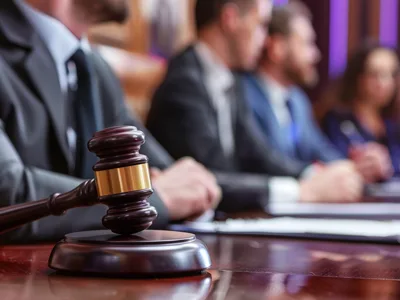The state has a perfect track record of refusing to embrace gambling and betting
Georgia lawmakers are revisiting the long-standing debate over gambling legalization, with the newly formed House Study Committee on Gaming recently holding its first meeting. The committee aims to evaluate the pros and cons of expanding gambling options in the state, including casino resorts, online sports betting, and pari-mutuel wagering on horse racing. The bipartisan committee, which has a deadline to submit its recommendations by December 1, is considering various facets of gambling expansion and its potential economic impact.
Proponents argue that legalizing gambling could significantly boost Georgia’s economy. Ed Clark, president of EchoPark Speedway, presented a proposal for a casino resort adjacent to the speedway in Hampton.
Clark claims the project could create thousands of jobs, both temporary and permanent, for the local community. Lawmakers estimate that expanded gambling could generate up to $500 million in annual tax revenue, which could be allocated toward state programs, including education and healthcare.
However, opponents remain concerned about the social costs associated with gambling. Mike Griffin of the Georgia Baptist Mission Board warned that increased gambling would likely lead to higher crime rates, bankruptcies, and addiction. He argued that for every dollar earned from gambling revenue, taxpayers would have to spend significantly more to address the negative societal impacts.
There is also a philosophical divide over whether the government should regulate gambling. While some legislators, such as Rep. Marcus Wiedower, argue that the state should regulate existing gambling activities, others believe that a public referendum should determine whether gambling should be legalized. A recent straw poll in Georgia showed significant support for allowing voters to decide the issue.
Despite ongoing opposition, many lawmakers believe that the state’s informal and unregulated gambling market shows that there is demand for such activities. The committee will continue deliberating over the coming months, with a potential statewide vote on the issue in 2026.

